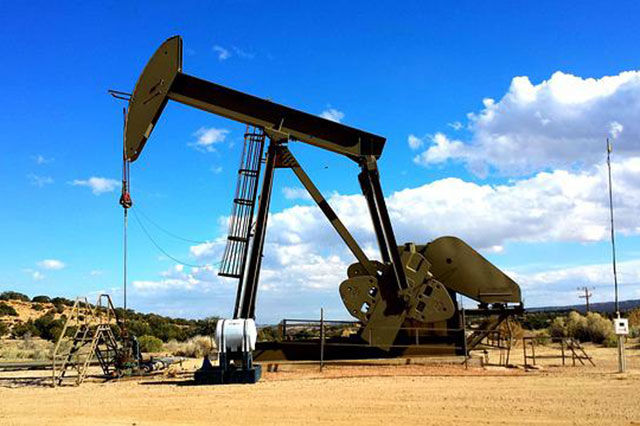Tripoli – Libya’s National Oil Corporation said on Wednesday it was lifting the force majeure at two eastern export terminals, three months into a blockade triggered by the country’s latest political crisis.
“The NOC announces the lifting of the force majeure at the Briga and Zweitina terminals, and the Ebla tanker is en route to load a cargo of condensates,” the NOC said in a statement.
Force majeure is a legal measure allowing companies to free themselves from contractual obligations in light of circumstances beyond their control.
The NOC, vital to oil-rich Libya’s economy, has repeatedly resorted to the mechanism amid blockades of oil installations throughout the years of violence and political upheaval following the NATO-backed revolt that toppled and killed dictator Muammar Gaddafi in 2011.
ALSO READ | US calls for ‘immediate’ end to Libya oil shutdowns
Its latest such move had been in late June, when the NOC said Libya had foregone some $3.5 billion due to a blockade of eastern oil facilities since mid-April.
That followed the eastern-based parliament’s appointment in February of a new government to rival the Tripoli-based administration of Abdulhamid Dbeibah, who has refused to leave office before elections.
The blockade on the oil facilities was enforced by groups demanding Dbeibah’s departure and a handover to the rival administration of Fathi Bashagha, a former interior minister backed by military strongman Khalifa Haftar.
Bashagha insisted in an interview with AFP last week that there was “no link” between the blockade and power cuts in the east, which have lasted up to 18 hours a day amid soaring summer temperatures.
The electricity outages sparked angry protests across the country in early June.
ALSO READ | Libya oil firm says gunmen cause shutdown at two major fields
In Wednesday’s statement, NOC chief Mustafa Sanalla said that “in recent days, communication has been ongoing with the Oil Facilities Guard and the head of parliament’s energy committee, negotiations that confirmed the importance of resuming exports in order to resolve the gas shortage crisis”.
The oil sector, crucial to the economy of a country sitting on Africa’s biggest proven crude reserves, is also prey to a power struggle between Sanalla and Dbeibah’s oil minister Mohamad Aoun.
Aoun has been attempting for months to oust Sanalla.
On Wednesday, Libyan media reported that Dbeibah had replaced the NOC chief with former central bank chief Farhat Bengdara, in a decree that was not confirmed by official sources.
Follow African Insider on Facebook, Twitter and Instagram
Source: AFP
Picture: Pixabay
For more African news, visit Africaninsider.com


